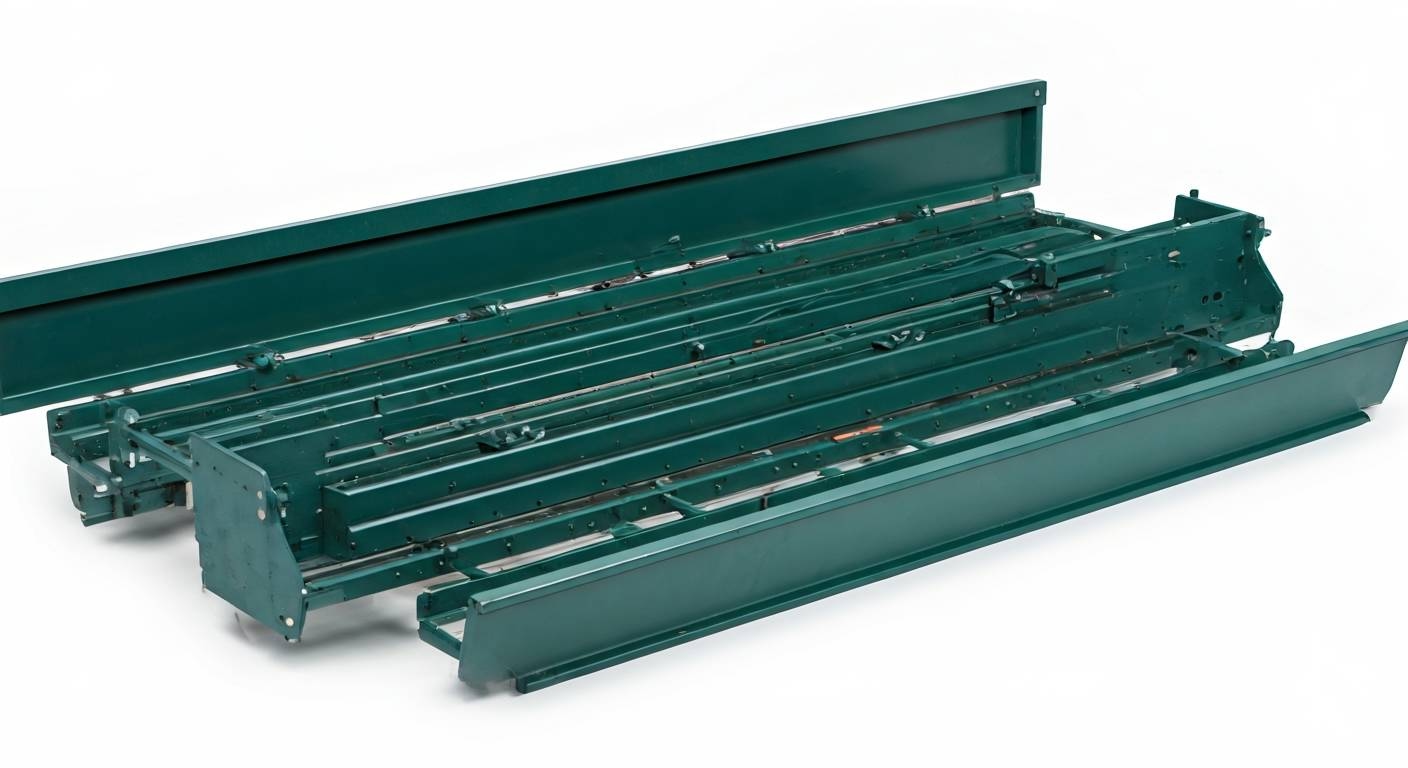How to purchase Vibrating Screen from china | Wholesale-in-China Guide

How to Purchase Vibrating Screen from China: Top 5 Common Questions Answered
1. What Are the Key Specifications to Consider When Buying a Vibrating Screen?
When purchasing vibrating screens from China, it's important to identify the right specifications based on your application. Key considerations include screen size, mesh type, vibration frequency, amplitude, capacity, and power consumption. Chinese manufacturers often offer customization, so provide detailed requirements to ensure the product fits your processing needs.
2. How to Verify the Reliability and Credentials of Chinese Vibrating Screen Suppliers?
Use platforms like Alibaba, Made-in-China, and Global Sources to find suppliers with verified credentials and customer reviews. Validate business licenses and factory audit reports where possible. Request product samples to evaluate quality and check for ISO certification or compliance with industry standards to ensure supplier credibility.
3. What Are the Typical Payment Terms and How to Safeguard Transactions?
Common payment terms include T/T (Telegraphic Transfer), L/C (Letter of Credit), and payment via escrow services provided by sourcing platforms. To reduce risk, use trade assurance services that protect buyers, inspect goods before shipment, and avoid full upfront payments whenever possible.
4. What Are the Shipping Methods and Delivery Timelines for Vibrating Screens from China?
Shipping options from China include sea freight, air freight, and express courier depending on urgency and order size. Sea freight is economical but slower (20-40 days), air freight is faster but costlier (3-7 days), and courier services are ideal for small samples. Coordination with freight forwarders can optimize costs and ensure timely delivery.
5. How to Ensure Compliance with Import Regulations and Quality Standards?
Check the import regulations of your country related to mechanical equipment and verify that the vibrating screens meet international quality standards such as CE, ISO, or SGS certifications. Engage third-party inspections and lab testing to verify compliance before shipment to avoid customs issues.
Related Posts












Stay informed with our latest news and updates.
Bringing you breaking news and curated stories every day. Be the first to know the latest industry news

Wholesale-in-China
Wholesale-in-China
Wholesale-in-China